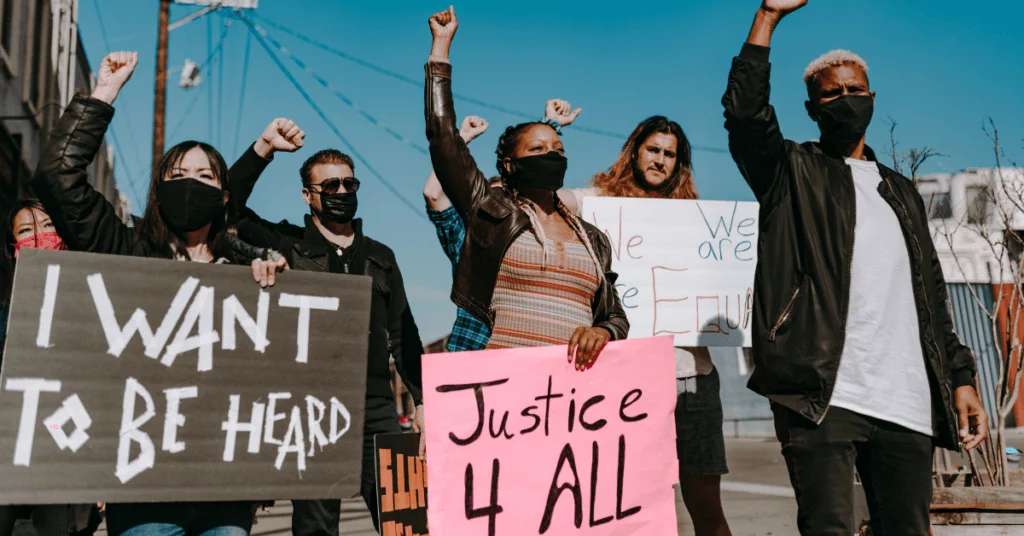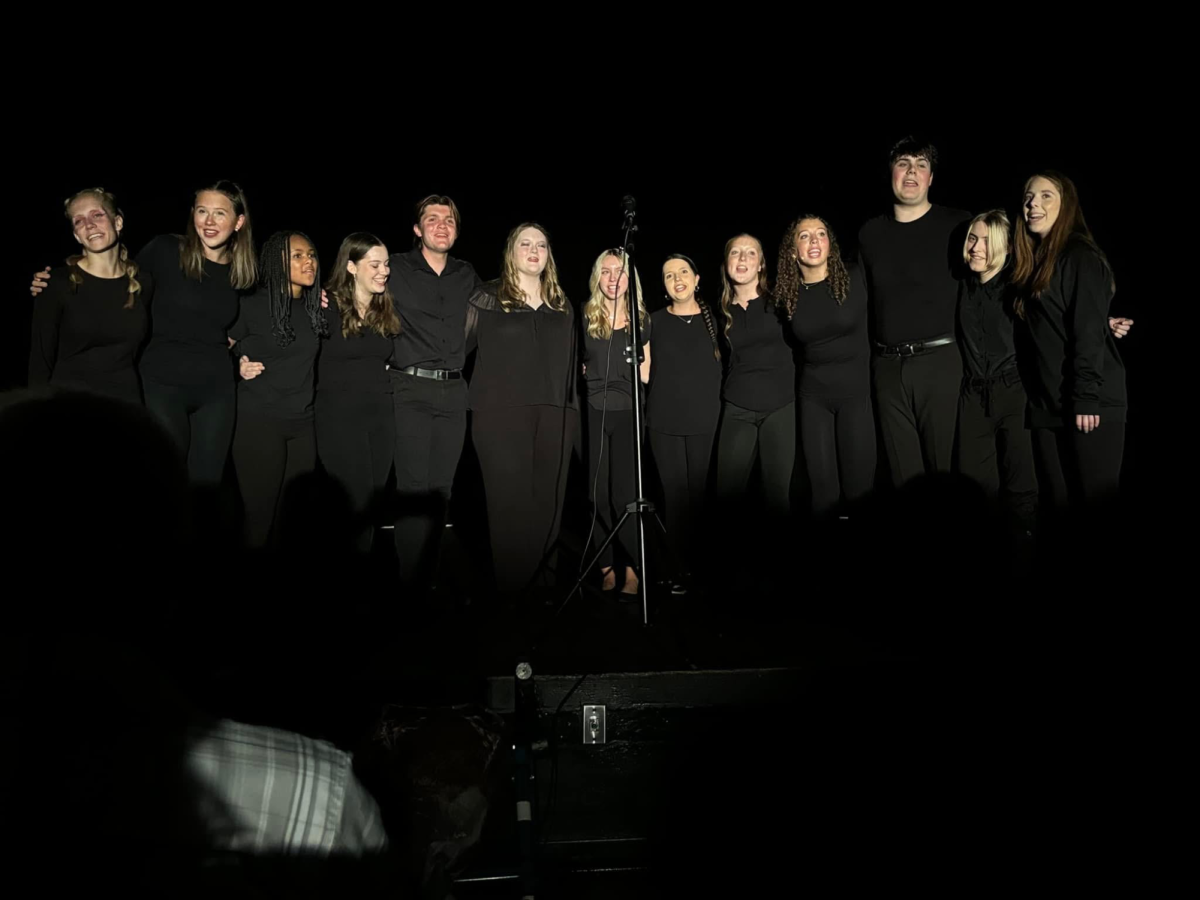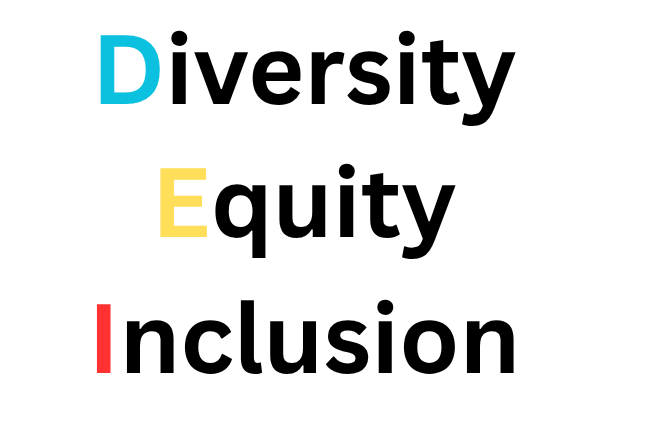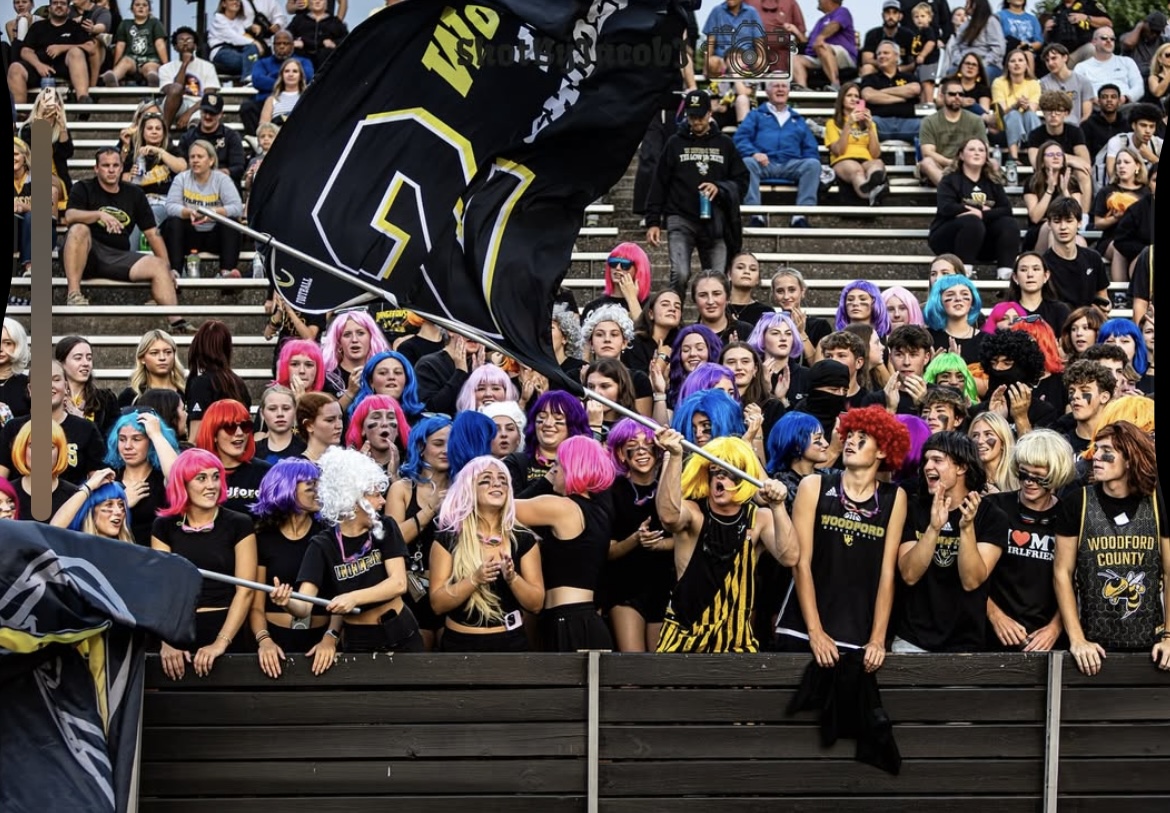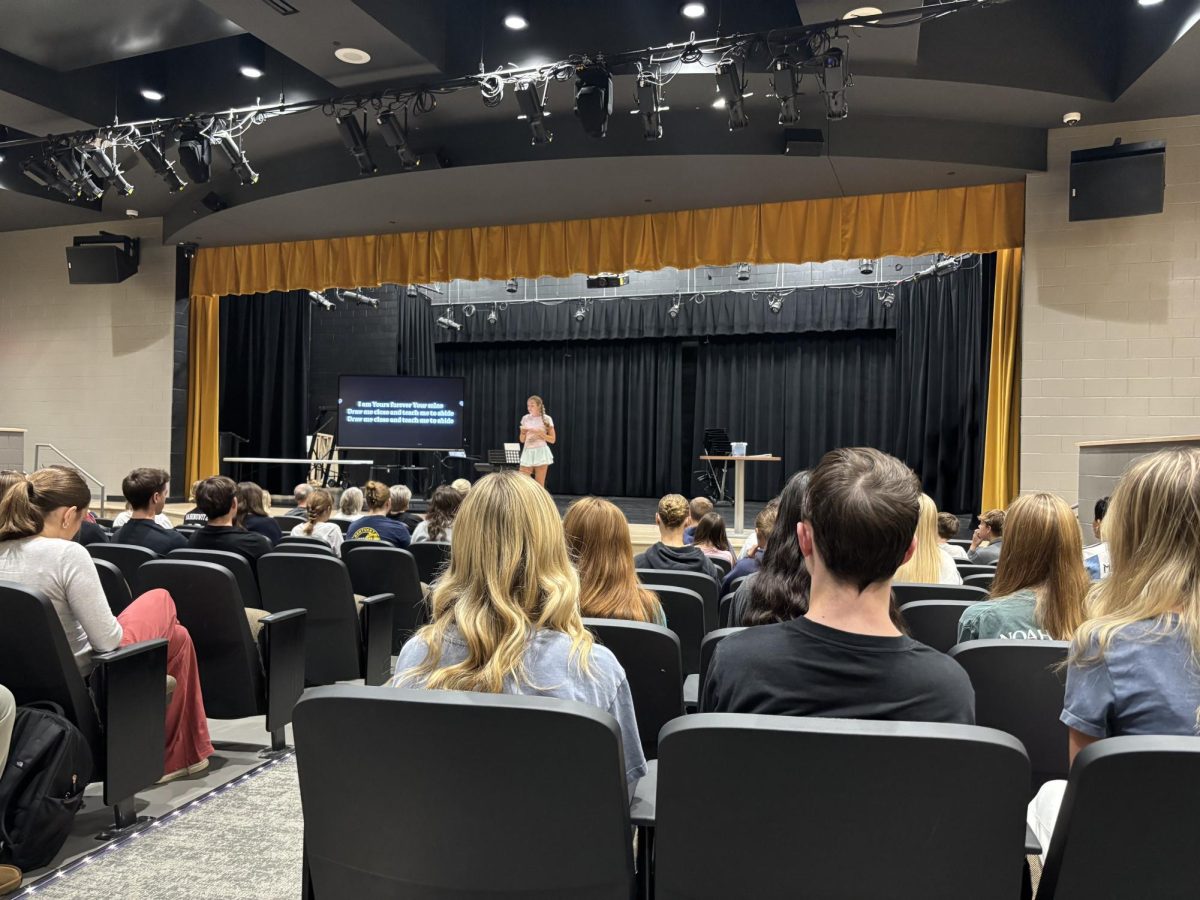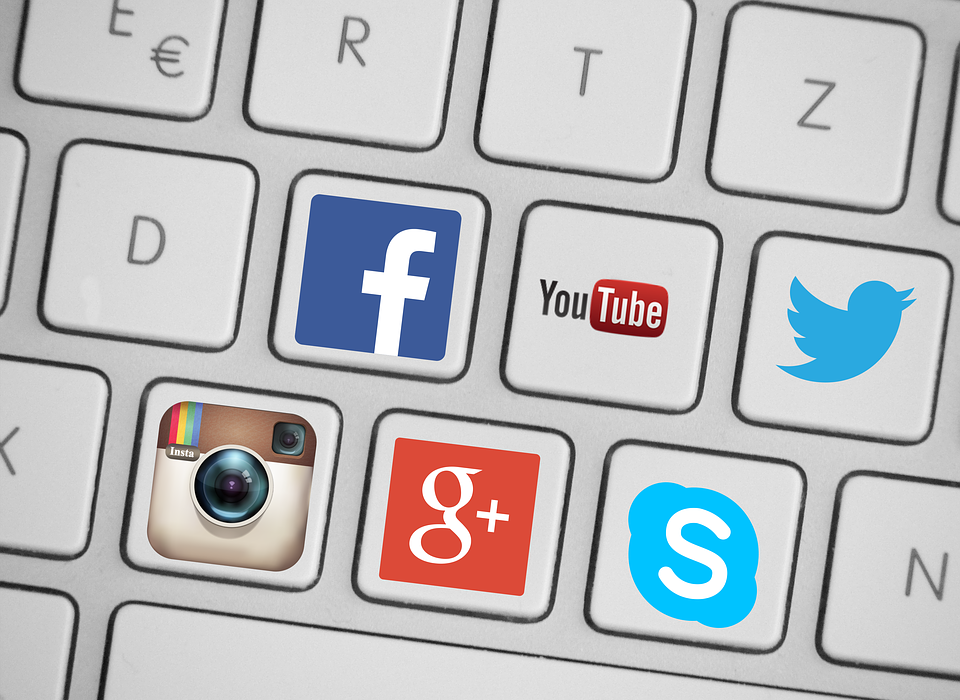“Congress shall make no law respecting an establishment of religion, or prohibiting the free exercise thereof; or abridging the freedom of speech, or of the press; or the right of the people peaceably to assemble, and to petition the Government for a redress of grievances.”
Before reading the following article, ask yourself, do we, as Americans, really have freedom of speech?
The First Amendment, ratified on December 15, 1791, protects American citizens’ freedom of speech, religion, press, assembly, and petition. This means the government cannot make laws infringing on those rights. When taking a closer look at the “freedom of speech” aspect of the amendment, a few nuances are essential to mention. “Freedom of speech,” as the Constitution outlines, does not include the right to incite imminent lawless action (Brandenburg v. Ohio 1969), to make or distribute obscene materials (Roth v. United States, 1957), to burn draft cards as an anti-war protest (United States v. O’Brien,1968), to permit students to print articles in a school newspaper over the objections of the school administration (Hazelwood School District v. Kuhlmeier, 1988), of students to make an obscene speech at a school-sponsored event (Bethel School District #43 v. Fraser, 1986), and of students to advocate illegal drug use at a school-sponsored event (Morse v. Frederick, 2007). It can be argued that the people who rely on First Amendment protections the most are news outlets. These companies, like The New York Times, ABC, CBS, The Washington Post, etc., deliver essential, factual information to the public without worrying about whose toes they may step on. Or, at least, they should be able to, right?
Under America’s current administration, there are a few rules these press companies must follow to avoid being wrapped up in multi-billion dollar lawsuits with the President. They cannot mistakenly mention in an interview that the president was held liable for rape instead of what he was legally held liable for, sexual abuse. They cannot publish a poll that shows his opponent leading the presidential race in Iowa (a state he won regardless). Finally, they cannot “deceptively edit” interview footage of the opposing party’s candidate to “boost her candidacy.” You’ve probably guessed by now that those instances are not, in fact, rules that the current President, Donald J. Trump, has instilled in media companies. Instead, these are actual events that took place within the last year. As we investigate our so-called “freedom of speech,” let’s take a closer look at the occasions in which the President of the United States of America has arguably infringed upon that right.
First, we will discuss Trump’s lawsuit against ABC in March 2024. He sued ABC and George Stephanopoulos (an ABC anchor) after, in an interview with Representative Nancy Mace (A republican who has spoken publicly about being raped), Stephanopoulos asked Mace why she still supported Trump after he was found “liable for rape” in a 2023 civil case in Manhattan. Trump accused Stephanopoulos of defamation because Trump was not found liable for rape. Rather, he was found liable for sexually abusing and defaming E. Jean Carroll (Although the overseeing judge later clarified that due to New York’s strict definition of rape, the verdict did not mean that Carroll did not prove that Trump raped her, as people commonly understand the word rape). Regardless, ABC ended up settling with Trump for $15 million in December. The money will be donated to Trump’s future presidential foundation and museum. As for Stephanopoulos, despite publishing a statement saying he “regrets remarks made about Trump,” he was seen on the “Late Show with Stephen Colbert” in May stating (when asked about the pending lawsuit), “Unfortunately, it now comes with the territory, but I’m not going to be cowed out of doing my job because of the threat of Donald Trump.”
Next, we will discuss Trump’s lawsuit against an Iowa newspaper. This past December, Trump sued The Des Moines Register, Gannett (the paper’s parent company), and J. Ann Selzer (the pollster) for publishing a poll days before the election that showed former Vice President Kamala Harris 3 points ahead of him in the election race. He ended up winning the state by 13 points. He sued The Register because he believed the poll was fraudulent, an attempt at election interference, and that it violated the Iowa Consumer Fraud Act. A spokesperson for The Register has stated that the company “stands by its reporting and will vigorously defend the First Amendment.” The amount he seeks was not specified, but it is confirmed that he hopes to get an order approved that would limit how The Register and Gannet can publish future polls.
Lastly, we will discuss the “deceptive editing” that Trump accused CBS of days before the election. During a “60 Minutes” interview that aired in October, Bill Whitaker pointed out to then Vice-President Kamala Harris that, concerning the conflicts with Israel and Hamas, “Prime Minister Netanyahu is not listening. ‘The Wall Street Journal’ said that he — “your administration has repeatedly been blindsided by Netanyahu, and in fact, he has rebuffed just about all of your administration’s entreaties”. Harris’s response to this statement is what led Trump to sue CBS, since in a preview of the interview that aired on CBS’s morning show “Face the Nation,” Harris was depicted giving an answer that differed from the one she gave in the actual “60 Minutes” interview aired the next day. Trump’s team accused “60 Minutes” of choosing a better quote from Harris for the evening broadcast to “boost her candidacy.” In reality, CBS stated that the reason behind airing different portions of her answer was solely because Harris’s answer was lengthy, and they had to choose the portion that best reflected her overall answer due to time constraints. This is a standard journalistic practice done by many media corporations. However, this did not stop Trump and his team from suing CBS for $10 billion on the means of a Texas law prohibiting deceptive trade practices in things like marketing products to consumers. Despite CBS’s lawyers stating that the lawsuit lacks merit, Trump has leverage over CBS and Paramount (their parent company) because of a planned merger with SkyDance. To complete the merger, the company needs the approval of the Federal Communications Commission (FCC), which is now run by Trump’s appointee, Brendan Carr. Carr has already requested and been given the entire, unedited transcript of the interview, which shows that it was not doctored or edited (and is linked at the bottom of the page if you want to see it yourself). The Wall Street Journal has reported that Paramount executives have been discussing a settlement deal.
This is not Trump’s first go-around with the media, though. During his time in the spotlight, he has tried to sue several companies for defamation and has lost every time. This is because defamation is hard to prove since you have to have undeniable evidence that someone knowingly put out a false statement about you that harmed you in some way. However, suing someone on the grounds of violating consumer laws is different. As we’ve seen, this tactic has already secured Trump a 15 million dollar settlement win against ABC and is seemingly about to secure another settlement win against Paramount.
The biggest issue with these cases is not necessarily that these companies have to unfairly endure the headache of working through and settling lawsuits that should never have been filed in the first place. Instead, it is the fact that the more President Trump attacks the media for releasing unfavorable news about him, the more these companies grow fearful of reporting the truth and fighting for their First Amendment rights. The fact that he is now winning these settlements using consumer violation laws is an added worry to these media companies.
So, ask yourself again: do Americans have free speech? Or do we only have free speech until it offends people in power?

